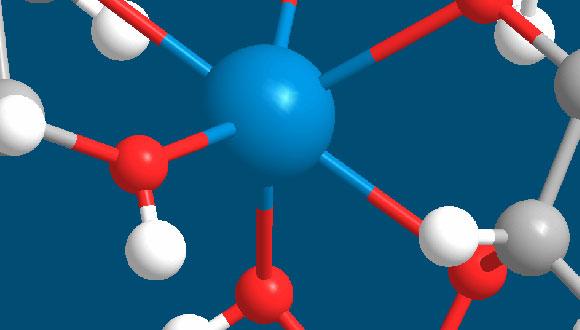סמינר בכימיה אורגנית: Chemistry and the Information beyond the Genome Sequence
Prof. Andreas Marx, Department of Chemistry and Konstanz Research School Chemical Biology, University of Konstanz
Abstract:
The intricacies of the human genome, comprised of a mere 20,000 genes, present a fascinating puzzle in biological complexity. This figure, only quintuple that of the simple E. coli bacterium and dwarfed by the genomic expanses of plants like potatoes and cabbages, raises profound questions about the genesis of human intricacy and the nuanced signaling networks sustaining our physiological equilibrium.
Over time, research has shed light on a kaleidoscope of mechanisms that underpin this complexity. Key among these are the dynamic chemical alterations that proteins and nucleic acids undergo throughout their existence, playing crucial roles in modulating their functions. Such processes include the temporal and spatially sensitive posttranslational modifications of proteins, allowing cells to finely tune protein activity in response to a symphony of internal and external cues.
In this realm, we find particular intrigue in the protein-centric modification ubiquitin and the nucleic acid-like modifier poly(ADP-ribose). Our recent forays into this field, armed with newly developed synthetic tools, have yielded valuable insights on which I will report. One of our most striking discoveries involves the enigmatic human protein C12orf29. Utilizing a novel nucleotide-based chemical probe targeting the human AMPylated proteome, we have not only enriched but also identified C12orf29 as the inaugural human enzyme catalyzing RNA ligation by a three-step ATP-dependent mechanism. I will share the outcomes of our exploration of this enzyme at biochemical, cellular, and zebrafish levels. Our findings illuminate its pivotal role in the mysterious world of RNA repair in vertebrates, a research field of immense potential and profound implications.


